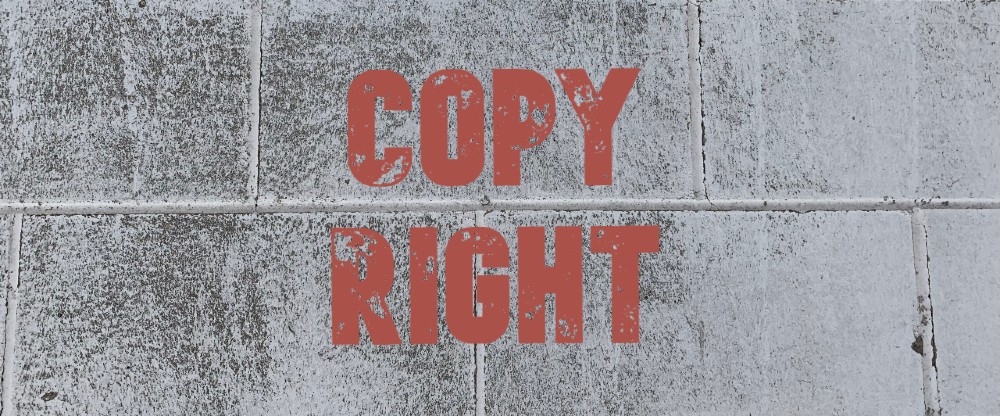
- The scope of use: This sets forth which rights the licensee may exercise. It could specify whether the licensee can reproduce, distribute, publicly perform, display, or create derivative works from the copyrighted material.
- Geographic location: The license might provide where the copyrighted material can be used.
- Duration: This sets forth how long the licensee can exercise rights in the copyrighted material.
- Exclusivity: It indicates whether the copyright owner can grant similar licenses to others.
Absent certain limited situations such as fair use, need a copyright license to legally exercise rights in someone else’s copyrighted work. Infringing on a copyright – using it without permission – can lead to legal consequences, including liability in court and the obligation to pay the other side’s attorney’s fees. For businesses, obtaining a copyright license can help them use, incorporate, and benefit from a copyrighted work, such as software, a piece of music, or a photograph, while respecting the legal rights of the copyright owner.
The licensing process also facilitates economic growth and cultural exchange by providing a legal framework for creators to monetize their work and for users to access and incorporate it into their own creations. For the creator, licensing can provide a source of income and allows it to control how and where its work is used. For the user, the license offers a way to legally and ethically utilize a work that adds value to its own product, service, or project.
See also:
